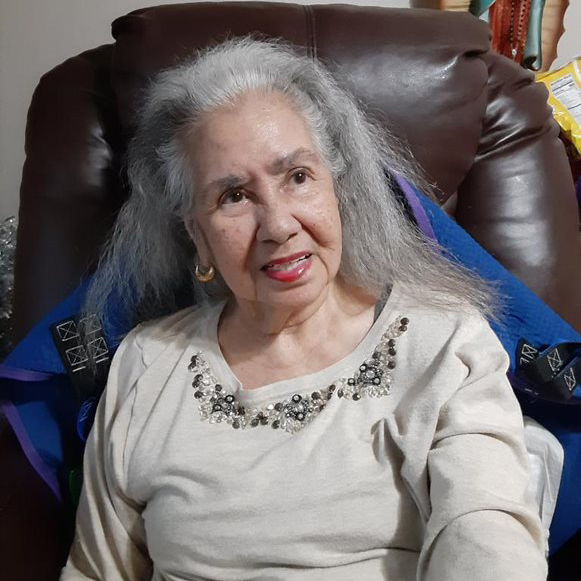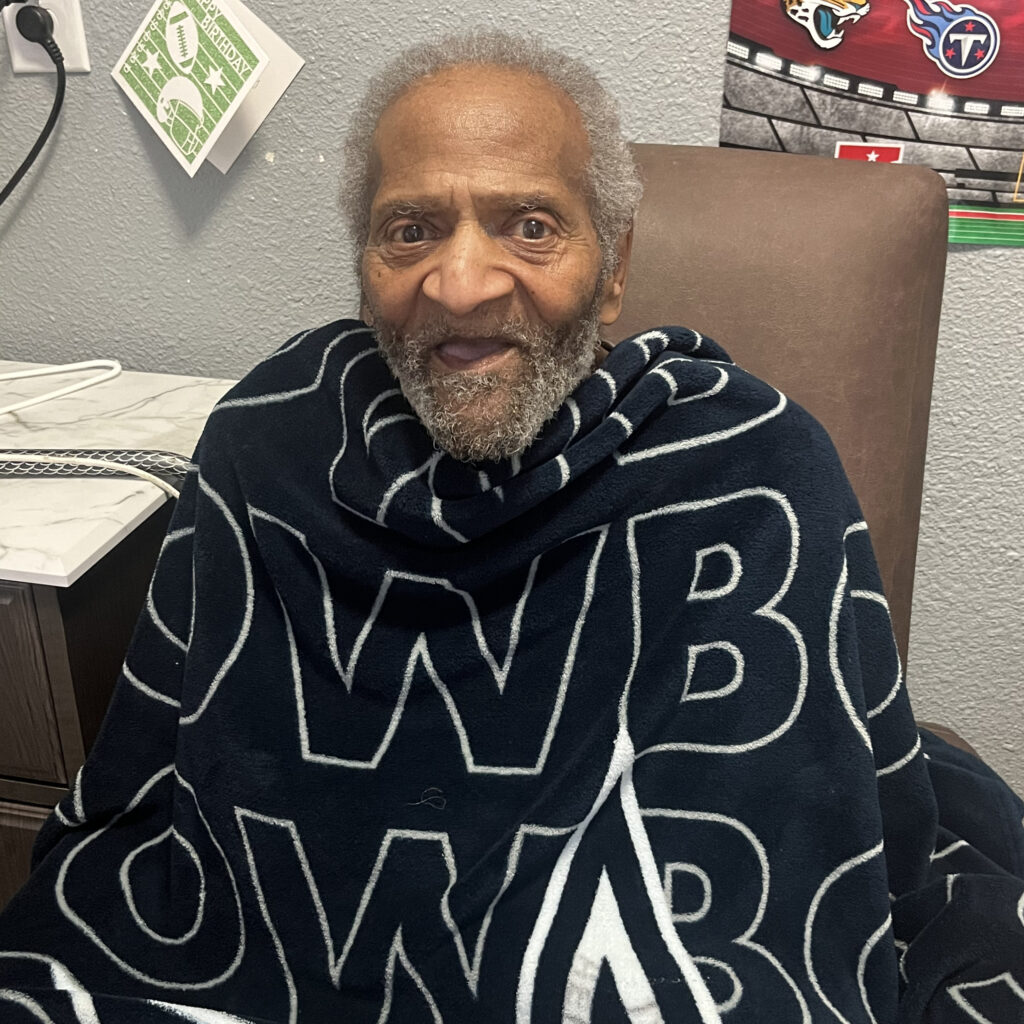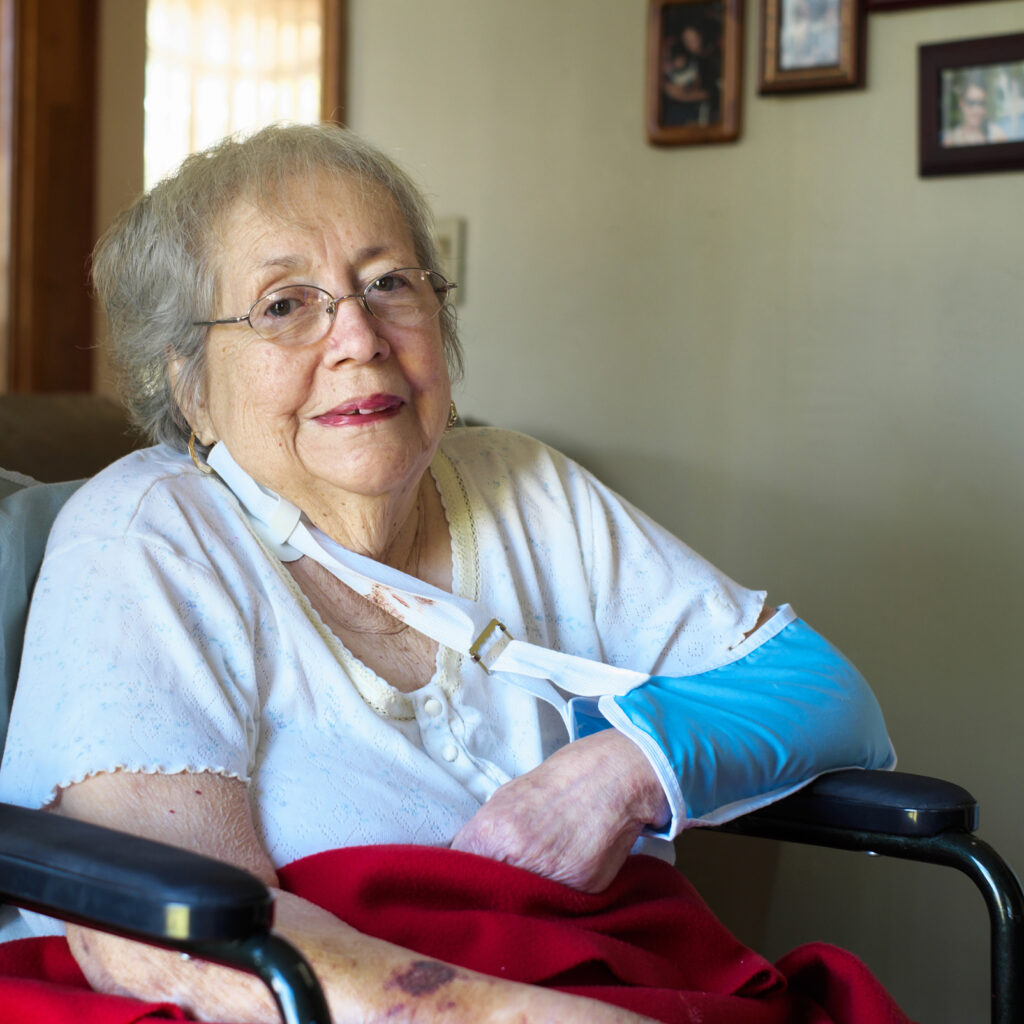Guardianship
Older adults who are no longer able to make decisions for themselves are at risk for abuse, neglect, or exploitation. In that situation, a court may appoint a guardian to manage a senior’s affairs. The Senior Source’s Guardianship Program assists seniors and their families to preserve the health and well-being of vulnerable seniors who require guardianship.

Additional Resources
For more on how guardianship works visit:
More Info
About
Guardianship Program
Guardianship is the legal provision for managing the affairs of seniors who no longer have the mental and/or physical capacity to do so themselves.
The Senior Source’s staff of experienced professionals serve as certified guardians for clients who require this support, ensuring that the decisions regarding each senior’s health, financial situation and daily needs are made in his or her best interests. Team members visit face to face monthly, make medical decisions in the best interest of the individual client, and coordinate other necessary care needs. Staff are available 24/7 in case of client emergencies.
In addition, the guardianship program assists family members who need resources in the process of becoming guardians for elderly loved ones with cognitive or physical impairment.
Frequently Asked Questions
Guardianship Program FAQs

Q: When would someone need a court-appointed guardian?
In Texas, a court-appointed guardian may be necessary to ensure the safety and well-being of vulnerable older adults with cognitive or significant physical impairments. The Texas Estates Code, the laws that oversee guardianship, require that other support and services be tried and exhausted before guardianship can be established.
The Court must see that lesser restrictive alternatives have been tried to ensure someone remains as independent as possible. Guardianship is the process of removing someone’s rights and giving them to someone else to protect, so it’s imperative everything be done to preserve someone’s rights before restrictions are made. Consult with an Elder Law Attorney, also known as a Probate Attorney, to determine if Guardianship is appropriate for your loved one.
Q: What does a guardian do?
A Guardian is appointed by a Judge who signs a court order that outlines the specific duties and responsibilities of the Guardian. A Guardian uses that court-appointed authority to make decisions that are in the best interest of the individual who was appointed to the Guardian. It’s critical that the Guardian make decisions that the individual would have made for themselves through a substituted judgment process or for individuals who are unable to give input, decisions that are in their best interest that do no harm.
Guardians ensure the individual is living in the least restrictive residential environment, has access to food, clothing, and other personal needs, and receives adequate supervision that ensures a balance of their safety and well-being. Guardians make sure that friends and family who visit are trustworthy and conduct visits—the client wants the visits and is not harmful.


Q: How do you obtain a legal guardian?
- Family or friends must hire an Elder Law Attorney, also known as a Probate Attorney, to file an application for Guardianship. Search Texas Bar search engine or google probate attorney in county where the individual resides.
- Sliding scale legal fees are available for those in Dallas County who qualify through North Texas Legal Hotline.
- Service Providers in Dallas County can make a community referral for Guardianship by contacting the Dallas County Court Investigator’s Office by calling 214-653-6446. In other counties, contact a local probate attorney.
Guardianship Program
Success Story
How The Guardianship Program Helped Jerry
Born with an intellectual disability, Jerry, 58, was cared for by his mother and father his entire life. When his parents died in 2015, there was no other family to care for Jerry. He was referred to the Dallas County Probate Court system, which appointed The Senior Source to serve as his guardian.
The Guardianship Program team helped Jerry transition from his childhood home to a group home. The change wasn’t easy, but Jerry still gets to see his church family and is supported by new friends and staff at his group home. His guardianship case managers at The Senior Source make regular visits to evaluate his mental and physical needs, and advocate for Jerry’s well-being. Today, Jerry is thriving and healthy in his new surroundings.

